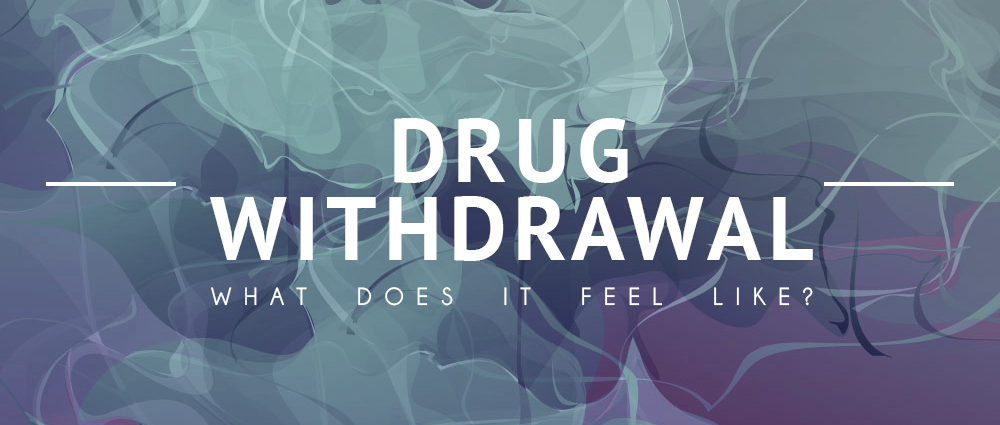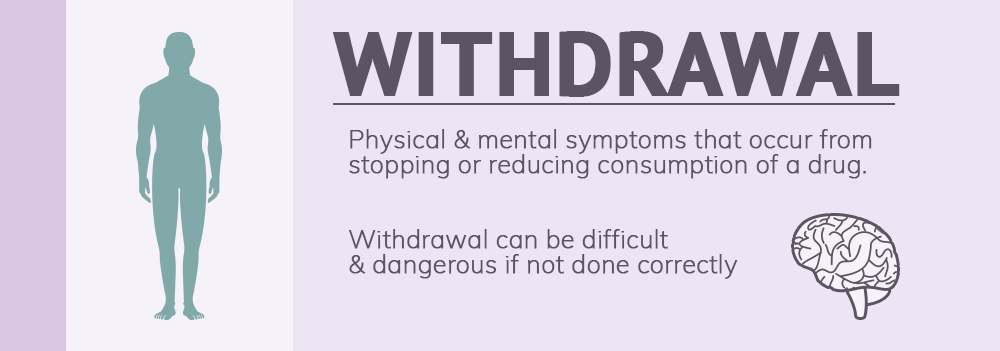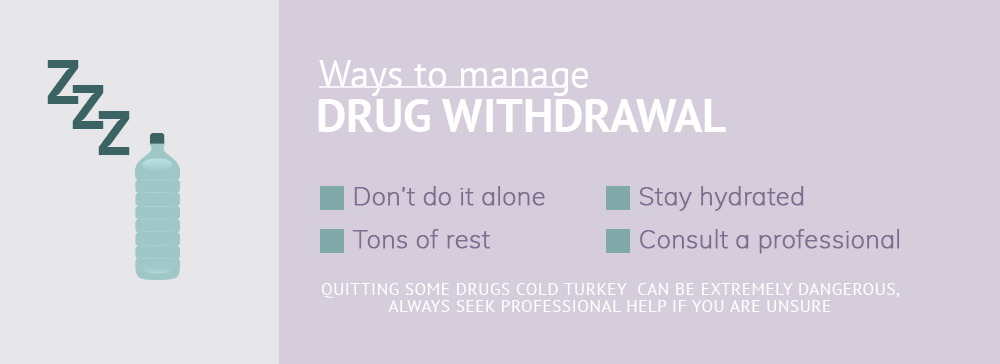Location
Our Seattle Location
Northpoint Seattle’s outpatient treatment program is located in beautiful Seattle, Washington, and we work to help the surrounding communities.
- Seattle
2111 N Northgate Way Suite 101,
Seattle, WA 98133, United States
Long-term drug and alcohol abuse can cause severe damage to the body and destroy a person's life. They may become isolated and even lose their job because they become dependent on their substance of choice. When a person decides to get sober, they begin their road to recovery. However, that journey often starts with a challenging step known as withdrawal.
If you or a loved one are struggling with addiction, getting help could be the step you need to succeed in sobriety. At Northpoint Seattle, we know that your battle with addiction is your own. We personalize each of our patient's recovery plans to make them more attainable. Call [Direct] today to get started.

Withdrawal occurs when a person suddenly stops using drugs or alcohol after using them regularly for an extended period. The body has become so used to having the substance that it doesn't know how to function properly without it. As a result, the person experiences several uncomfortable and sometimes dangerous symptoms.
Withdrawal is different for everyone. Some people may only experience a few mild symptoms, while others may have more severe reactions. The type of substance a person is addicted to, how long they've been using it, and how they use it all play a role in withdrawal severity.

Withdrawal symptoms can range from mild to life-threatening. They usually begin within a few hours after the last drug use and peak within one to three days. Common symptoms include:
Sometimes, more severe symptoms such as high fever, seizures, and hallucinations can occur. Mild and severe withdrawal symptoms are often one reason many people struggle with substance abuse relapse.
Withdrawal symptoms can occur with any drug or alcohol. Some of the most common substances that cause withdrawal include:
These substances may all cause different withdrawal symptoms. For example, someone withdrawing from alcohol may experience anxiety and tremors, while those who are from opiates may have severe muscle aches and diarrhea.
Addicts often continue using drugs or alcohol despite the negative consequences because they've developed a tolerance. Tolerance occurs when a person needs more and more of a substance to get the same effect. As tolerance builds, so does dependence.

Dependence occurs when the body can no longer function properly without the substance. The body begins to rely on the drug to feel normal. When a person dependent on a substance suddenly stops using it, they experience withdrawal symptoms because their body is no longer getting what it needs to function.
Since dependence can be so hard to break, one of the most critical steps to recovery is finding a professional detoxification and rehabilitation center.
Detoxing from drugs or alcohol is a complicated and sometimes dangerous process. Withdrawal symptoms can lead to relapses, hospitalization, and in some cases, death.

A professional detoxification center will provide you with around-the-clock care from a team of medical professionals. They'll monitor your vital signs, give you medication to ease withdrawal symptoms when necessary, and provide you with support and encouragement throughout the process.

Detox is only the first step on your road to recovery, but it's an important one.

If you or someone you love is struggling with addiction, we can help. At Northpoint Seattle, we offer various addiction rehabilitation services such as individual counseling, 12-step support groups, and aftercare planning.
We understand how difficult it is to overcome addiction, but we also know that it's possible. Our compassionate and experienced staff will work with you to develop a treatment plan that meets your unique needs. We'll be with you every step of your journey to recovery.
Call us at [Direct] today to learn more about our addiction treatment programs.